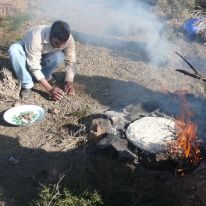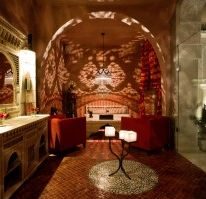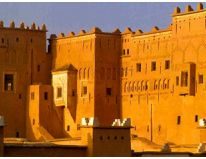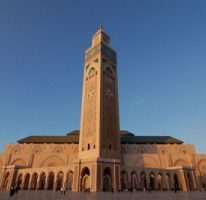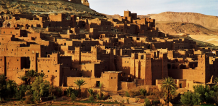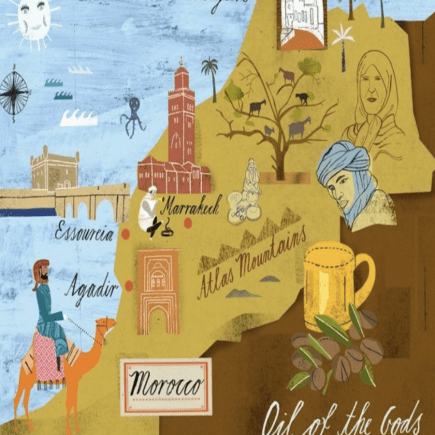
25 Essential Morocco Travel Tips for Your Morocco Private Tour
Planning a Morocco Private Tour or Family Vacation? Curious to know more about Morocco? Our 25 Essential Morocco Travel Tips and Information Guide will answer all of your questions. Morocco is culturally diverse. Visiting Morocco will guarantee an encounter with ancient historic traditions, customs, architecture, monuments and sites that have permeated Moroccan society for centuries. Morocco is home to 36 million people and primarily a homogenous country. The populous shares the Islamic faith yet given the country’s rich history and Jewish past remains open and unified. You can anticipate a unique Morocco tour and up an up close Morocco travel experience engaging with a people who are devout, generous, hospitable and kind.
Your Morocco travel experience would not be complete with out a reference guide to answer some of the most important questions and provide travel tips.
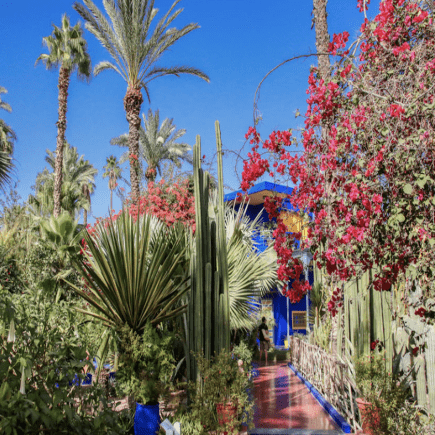
What is the Best Time to Travel to Morocco?
Morocco is situated on the far northwestern corner of Africa and has an expansive shoreline that stretches from the Atlantic Ocean to Gibraltar. The Best Time to Travel to Morocco should be ideally the considered by season. One of the best times to visit Morocco is spring or fall. Spring (April and May) and Fall (September and October) are perhaps the best overall time to take a Morocco Tour. Morocco has over 300 days of sunshine. During the peak summer months (June – Mid-September) it can get particularly hot. Temperatures in summer can reach as high as 120 degrees Fahrenheit. As a dry and temperate climate Morocco experiences very little humidity making the heat less intense. Moroccans typically take vacation time during summer months and typically head for the coast where it is cooler. Winters in Morocco (Mid-November – February) are typically mild and temperatures can reach down to 40 degrees Fahrenheit. In Morocco it often snows lighting during winter in some regions. The High Atlas region receives allot of snow therefore it is the perfect destination for skiing and enjoying other winter sports. Morocco has a summer climate in the south and in the mountains, as well as on the Mediterranean and Atlantic coasts. Winter can be perfect by day in the south, though desert nights can get very cold. If you’re planning to hike in the mountains, it’s best to keep to the months from April to October unless you have some experience in snow conditions.
What Languages are Spoken in Morocco?
Most Moroccans in the cities speak French as well as Arabic or the Moroccan dialect Darija. The French Protectorate was established in Morocco in 1912 and lasted until 1956. French remains the language of business whereas Darija is spoken in the street and at home, Darija itself is a mixture of languages including French words and Moroccans happily switch from one language to another in conversation. Spanish is spoken in the north and south, as there was also a Spanish protectorate. However there has been a marked increase in the number of young people speaking English as it is taught in schools. Those working in tourism will probably speak good English and the business centers of Casablanca and Tangiers also has more English speakers.
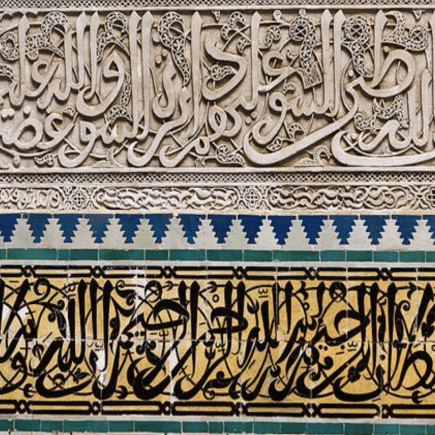
Morocco Travel Tips on Culture & Etiquette:
Moroccans in general are hospitable people. The Heritage of Moroccan people stemming from colonization and tourism has resulted in an open minded and easy going population. The country’s official religion and the majority of Moroccans are Muslims. The culture is made up of a combination of Berber and Arab, Moroccans who live peacefully together alongside a large expatriate population. The majority of Moroccan women wear a headscarf and very few wear a veil. It is recommended when traveling to Morocco to air on the conservative side and dress modestly. Wearing skimpy clothing, kissing and cuddling in public is not recommended and can be seen as a form of disrespect.
How should I Dress when traveling to Morocco:
Visitors to Morocco are often surprised about the range of ways that Moroccan women dress. Most dress modestly, in keeping with Islamic custom, many wearing the jellaba (a hooded, ankle length robe) and headscarf. In cities, many wear Western dress with or without a headscarf. You will see few burqas of the type associated with the Gulf region or Afghanistan. In order to avoid stares or unwanted attention, it is best for visitors also to dress modestly. Keep your swimwear for the beach and always cover at least your shoulders. Women will find their visit much more pleasant if they also avoid revealing necklines and cover up down to the knees. A scarf or pashmina is also handy for moments when you feel the need to conceal your head or shoulders from unwanted stares, the hot sun or over-zealous air conditioning. In the evenings in the winter months (and even more so in the mountains or the desert), sunny days become chilly nights and you will need to bring a sweater or even a jacket.
Travel Tips for Updating your Passport:
Make sure that as a traveler to Morocco you have a passport that will be valid for a further 6 months after you enter Morocco. We advise that you also carry an original or photocopy of your identification card or driver’s license. Passports can be renewed at your local consulate or passport office. For more information about travel tips on updating your passport to visit Morocco check with the Moroccan Embassy in your home city.
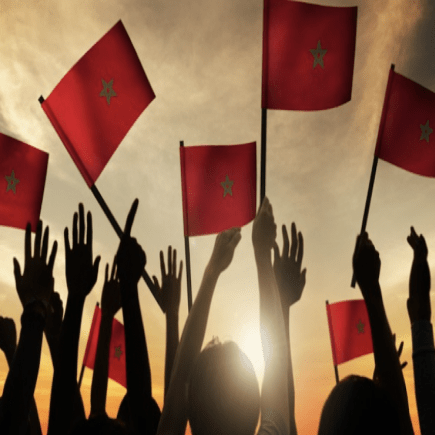
Morocco Travel Safety Tips:
Your national government will provide travel and security advice for visitors intending to visit Morocco. In general, the risk of international terrorism is no greater than in major cities of Europe or the US. Like in those cities, there is a risk of petty theft. Morocco is a developing country and the wealth gap between local people and tourists can drive a small minority to crime. Be sure to exercise the usual precautions on your visit regarding cash, jewelry and other valuables. Do not carry them around in large or visible quantities and make sure you are aware of the potential for pickpockets in crowds.
Overall, Morocco is one of the safest countries in Africa or the Middle East and North Africa region. You will be welcomed with a smile and great hospitality by virtual strangers. Enjoy your trip!
Morocco Travel Health Tips:
Morocco one of the few countries in Africa where it is not necessary to get vaccinations in order to travel. Nevertheless, if you have not received Typhoid or Hepatitis A shot in the past, it is advisable to get them. Please also inquire with your doctor to make sure you are up to date with your polio and tetanus vaccines. If you are from a country where cholera is prevalent, an anti- cholera vaccination certificate may be required. Morocco is a country where your health is not in danger when you travel. As long as you follow Morocco Travel Tips with regards to traveling safely in our About Morocco section the worst you can anticipate experiencing is an upset stomach or dryness, due to weather conditions, if you have sensitive skin.
Morocco Travel Tips on Gratuity:
Gratuity is a gift of money that is granted for service or a show of appreciate given without claim or demand. Gratuity is one of the best ways you can demonstrate appreciation for the services provided to others. Gratuity is part of Moroccan culture and appreciated by those providing a service. During a Morocco Tour what is generally recommended is to provide gratuity at restaurants, at Boutique Hotels and Riads, to drivers, licensed historical guides and also women servicing at public restrooms. It is a considerate way to thank those providing a service to you as a traveler. Our recommended gratuity is outlined below.
Restaurants: 15% of the Total Bill
Restrooms: 5 Dirham Coin (0.70 Cents)
Licensed Historical Guides: 50/ $60 Per Person/ Per Day
Drivers: $35-$40 Per Person/ Per Day
Morocco Private Tour Gratuity:
The total gratuity offered to those hosting you on a private or group tour should be approximately 10% of the rate paid to your Morocco Travel Agency.
Where to I Exchange Money in Morocco?
Moroccan Dirhams are necessary to travel in Morocco. US Dollars and Euros are widely accepted in major hotels, but only very occasionally with shopkeepers. Otherwise, we recommended that you carry Moroccan Dirhams.
The Bureaux de Change can be found in most Moroccan banks, major hotels, airports, and ports. Most currencies are accepted, including US Dollars, Euros, and British Pounds, however others, including the Australian Dollar, are not accepted. Check with your consulate or local bank to see if your currency is accepted for exchange in Morocco.
ATM machines are the quickest and easiest way to obtain Moroccan Dirhams. ATM’s accept most major debit and credit cards. Depending on your bank, you may be able to withdraw up to 4,000 Dirhams (about $500 US Dollars) per day. Contact your bank for your daily withdrawal limits.
BMCE and Credit du Maroc (CDM) do offer cash advances on Visa and MasterCard, however this process may take several hours to complete and is also quite costly.
Exchange your cash when you arrive at the airport bank exchange, or use local banks and currency exchanges in the cities and medinas as you travel. The majority of cities have banks where you can obtain money 24 hours a day from your bankcard or credit card. Bank exchanges are also located near banks and most currencies are accepted with favorable exchange rates available. Use ATM machines at the airport and in metropolitan areas and medina’s, but they are rare in rural areas. When traveling outside of the cities be prepared to have enough cash, as ATM machines are not always an option.
What is the Water Situation in Morocco?
Drink only bottled water when in Morocco and avoid ice cubes made from tap water. Be sure to brush your teeth with bottled water, too.
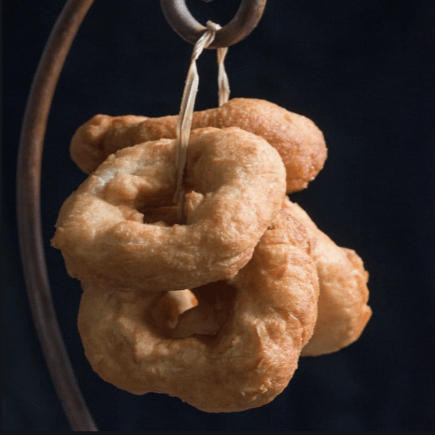
Can I Eat Street Food in Morocco?
Moroccan street food is safe to eat provided that the meat is fully cooked and vegetables and fruits are peeled. We particularly recommend discovering street food on a pre-arranged Moroccan Food Tour in Fes or Marrakech. This will enable you to enjoy local eats with little concern.
What Type of Internet Access in Morocco Should I Anticipate:
Internet access can be readily found at internet cafes and in hotel lobbies. Your riad and hotels will all have Wifi. Given you will most likely be staying in boutique properties that are restored palaces or villas during your trip you may find that Wifi is stronger in public areas. Occasionally, you can find free wi-fi in public places. While it is not easy to find internet access in rural areas, a smartphone with the proper plan will access the internet almost everywhere.
Morocco Travel Tips on Coverage of Mobile and Cell Phones:
Cell phone coverage is excellent in Moroccan metropolitan areas, with coverage in rural areas being more erratic. Check with your cell phone plan before you leave to make sure you have global coverage.
If you would like to enjoy using a Moroccan Mobile phone during your trip, then we recommend you purchase a cell phone SIM chip at the airport or request your driver take you to the local provider, Maroc Telecome. You will then be able to obtain a SIM chip for approximately $60 USA dollars and cards ranging from 100 MAD – 200 MAD ($12 – $25 of which will each provide you with approximately 10 + minutes of speaking time to the USA or other foreign countries.
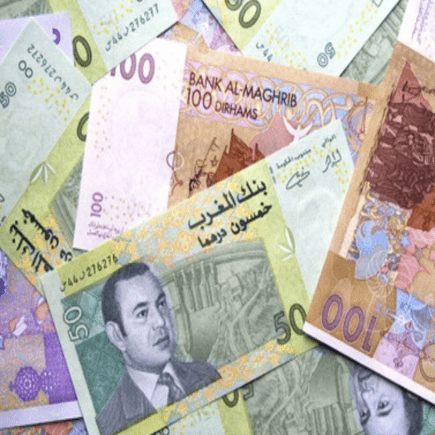
Morocco Travel Tips on Banks and Money Exchange:
The main banks in Morocco are Banque Marocaine du Commercial (BMCE), Banque Marocaine due Commerce et de L’Industrie (BMCI), Banque Commercial du Maroc (BCM), Banque Populaire, and Credit du Maroc (CDM).
Banking hours in Morocco are from 8:15am – 3:45pm, however during Ramadan the hours are reduced to 9:00am – 2:00pm.
Where and How to Exchange Currency in Morocco:
Moroccan Dirhams are necessary to travel in Morocco. US Dollars and Euros are widely accepted in major hotels, but only very occasionally with shopkeepers. Otherwise, we recommended that you carry Moroccan Dirhams.
The Bureaux de Change can be found in most Moroccan banks, major hotels, airports, and ports. Most currencies are accepted, including US Dollars, Euros, and British Pounds, however others, including the Australian Dollar, are not accepted. Check with your consulate or local bank to see if your currency is accepted for exchange in Morocco.
ATM machines are the quickest and easiest way to obtain Moroccan Dirhams. ATM’s accept most major debit and credit cards. Depending on your bank, you may be able to withdraw up to 4,000 Dirhams (about $500 US Dollars) per day. Contact your bank for your daily withdrawal limits.
BMCE and Credit du Maroc (CDM) do offer cash advances on Visa and Mastercard, however this process may take several hours to complete and is also quite costly.
We recommend on arrival that you bring with you approximately $500 Per Person for meals, gratuity and incidentals. You can then continue to visit ATM machines for additional cash or use credit cards.
Will I have ATM Access in Morocco?
Use ATM machines at the airport and in metropolitan areas and medinas, but they are rare in rural areas. When traveling outside of the cities be prepared to have enough cash, as ATM machines are not always an option.
Can I Use Credit Cards in Morocco:?
Major credit cards are welcomed at the larger stores, hotels, and restaurants, but use cash at the smaller shops and stalls.
Master Card & Visa are widely accepted. American Express is accepted only at certain locations. We advise you to bring more than one credit card with you.
What are the Foods to Avoid when traveling to Morocco?
Do not drink the tap water while in Morocco and avoid ice cubes made from tap water. Be sure to brush your teeth with bottled water, too.
Morocco Travel Tips About Doctors:
You can find doctors in the major cities in both the public and private sector. Please consider acquiring traveler’s insurance for your trip if your regular health insurance does not cover you overseas. If you are traveling to Morocco on a Private Tour, then consult your travel agency as they will be able to offer a complete list of authorized and approved public and private hospitals.
What is the Climate in Morocco?
Morocco has a Mediterranean climate along the coast, with more extreme temperatures and weather in the mountains and desert. Temperatures are high in the summer, mild in the spring and fall, and cool in the winter.
Can I Take Photographs in Morocco?
Most Moroccan do not enjoy being photographed by strangers. Some have recognized that travelers like to capture the different, exotic and attractive aspects of Moroccan life on film and will sell the right to photograph them. It is your choice whether you go along with this. In any case, try to be discrete in your photography (a phone camera is much less obvious than a large SLR) and ask if you would like to take a direct portrait. Don’t be surprised if your request is refused, and if so, please respect this decision. At times people will request for a small fee such as 10 Moroccan Dirhams ($1.00) if you want an up close photograph. It is best to request permission before taking a photograph. Given Morocco is a moderate, Muslim country, women in particular within rural communities and many in cities do not like to be photographed. For the best results when traveling to Morocco whether you are a novice or a professional photographer it is best to ask your subject first or have your private guide assist.
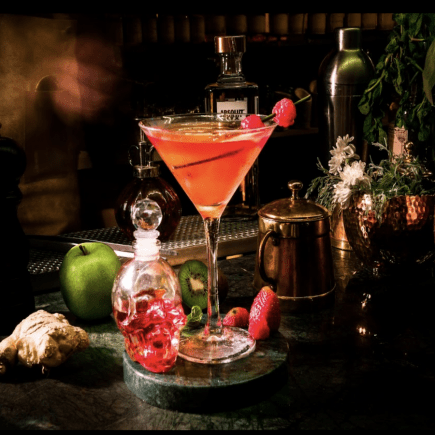
Can I Consume Alcohol in Morocco:
Alcohol in Morocco is available in the majority of touristic restaurants, at most boutique riads and hotels along with local bars. Wine and beer can be easily purchased at supermarkets and at several of the local wine markets in Morocco’s Imperial cities.
Although most Moroccans claim they do not drink alcohol due to religious prohibitions both locals and foreigners consume much of the country’s production of wine and beer. Morocco provides a home to groups of ex-patriots and foreigners from France, England, America, Spain, Germany and Italy who enjoy healthy alcohol consumption. The most popular beers made and consumed in Morocco are Casablanca and Special.
Morocco has been a leading wine producer for several years and its bold red and white grapes have become popular among the French, Americans and within Modern Moroccan households. When the French colonized Morocco, like the Romans centuries before them, they realized Morocco’s possibility of being a wine country. The French developed the Moroccan Imperial City of Meknès into a wine region. Today 30,000 acres of land in Morocco contribute to wine production and Morocco sells over 40 million bottles within Morocco and abroad. Moroccan wine is in a state of revival and wine producers are taking advantage of the country’s sunny, mild temperate climate, and high altitudes. Wine Tours are also available at designated wineries in the region of Meknes, Volubilis and Essaouira.
Morocco Travel Tips on Public Holidays:
Moroccans celebrate Muslim holidays and national holidays throughout the country, and more local festivals are held throughout the year in the Imperial Cities and small villages. The dates of religious holidays are based upon the lunar calendar and change every year. Plan your trip to Morocco during festivals and holidays for a real inside look into Moroccan daily life. Celebrations ranging from rural harvest feasts to music and film festivals in Morocco’s cultural centers demonstrate Morocco’s commitment to sustainable agricultural and artistic achievement. (Please note that the dates for Muslim holidays change annually as they are based on the lunar calendar. The following dates are accurate for 2019.)
- New Year’s Day is on Tuesday, January 01
- Independence Manifesto Day is on Friday, January 11
- Milad un Nabi is on Thursday, January 24
- Labor Day is on Wednesday, May 01
- Throne Day is on Tuesday, July 30
- Eid al-Fitr is on Thursday, August 08
- Oued Ed-Dahab Day is on Wednesday, August 14
- Revolution Day Morocco is on Tuesday, August 20
- King Mohammed IV’s Birthday is on Wednesday, August 21
- Eid al-Adha is on Tuesday, October 15
- Fatih Muharram (Islamic New Year) is on Monday, November 04
- Green March Day is on Wednesday, November 06
- Independence Day Morocco is on Monday, November 18
Morocco Travel Tips when Visiting During Ramadan:
Ramadan, considered as the most important holiday in Islam, happens on the ninth month of the twelve-month lunar calendar followed in Islam. During Ramadan all Muslims fast from sunrise to sunset for one month, only eating after sundown. Non-Muslims are not expected to observe Ramadan, but should be sensitive about not breaking the fast in public. As a Morocco Traveler it is important to respect those fasting and make best efforts to not eat in public places such as city and medina streets. Dining in touristic restaurants and those open to Westerners is advised. Drinking water and other beverages in public is also not advised for reasons of respect. If you are visiting Morocco during the summer, which is the warmest season, it is advised to make best efforts to drink water and beverages discretely.
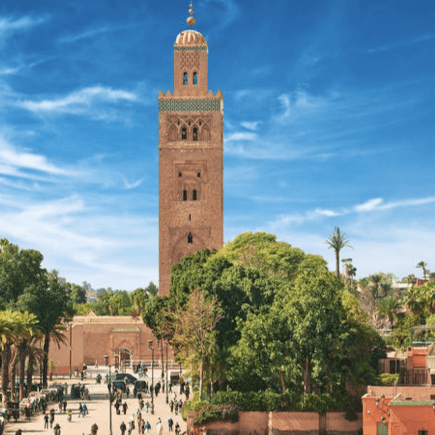
Can I Visit a Mosque in Morocco?
Mosques are closed to non-believers but you can visit the impressive Hassan II mosque in Casablanca, the Berber mosque at Tin Mel outside Marrakech on the way to Ouarzazate, the former Islamic college the Medersa Ben Youssef in the Marrakech Medina and the old Medersas in Fés Bali, the Bou Inania and the El Attarine. These sites will give you some idea of the glories of Moroccan Islamic architecture.
Morocco Travel Tips on Charity for Elderly & Children:
As a foreigner traveling in a Muslim country, following the five tenants of Islam- and offering a small amount of charity is an option but not required. If you wish to offer charity to an elderly person, to children or a poor person on the street that moves your heart, please consider the following:
Giving anywhere between15 -20 Dirhams ($2.00 – $2.50) is a considered gracious and will not place a dent in your wallet but perhaps leave you with an experience in your heart. Sometimes the reciprocity you may receive as a result of giving a small amount of charity in a Muslim country like Morocco comes in the form of a big smile, a hand shake, an invitation for tea or even a hug from the recipient.
Follow Travel Exploration Morocco for Travel Tips and Information about Visiting Morocco

